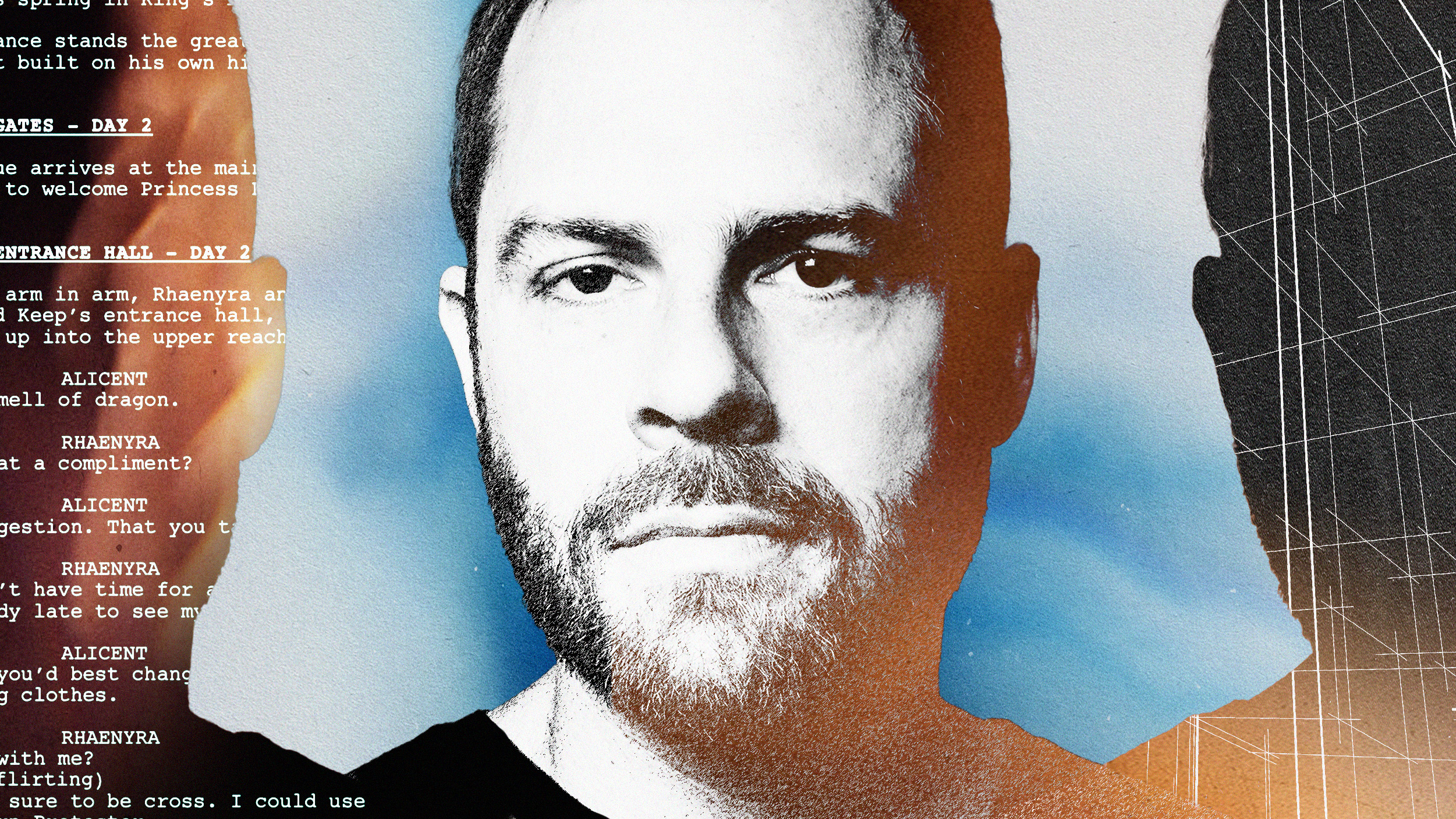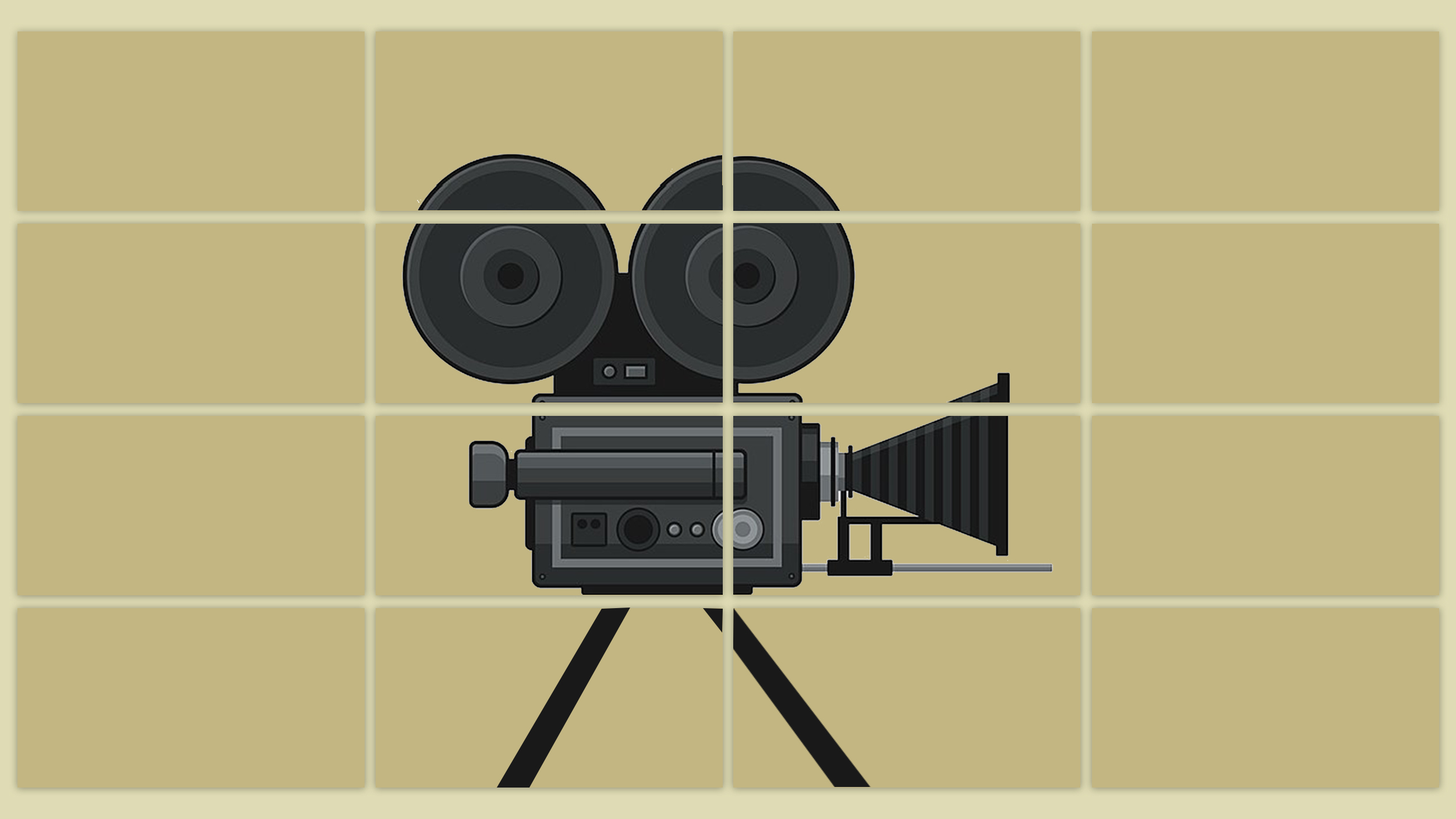ISTE 2010 – Some early takes on the opening keynote (and on conference attendees’ behavior)
Here are some excerpts from blog posts about last night’s opening keynote by Jean-François Rischard for the ISTE conference…
n
n
n
The keynote was disappointing. It did nothing a keynote was suppose to do. The speaker only depressed us with the world ending in 20 years and making fun of government. His slides were only words and hard to read in a huge theater. There was no energy or inspiration that came out of this speech. The audience was too polite (for the most part) not to leave and many had trouble staying awake.
n
n
The ISTE keynote was certainly a case of failed execution (were there any pictures at all and could anyone read that text?). The purpose of an opening keynote is like a leadoff hitter in baseball; to get on base and start something. He started nothing, except to dampen expectations. However ultimately it isn’t his fault it’s ISTE’s, you have to have the right person in the lineup at the right time and he just isn’t a motivating opening speaker.
n
n
The speech was heavy on the global big picture, with charts, diagrams, and lists on a large screen on the stage, but there were not a lot of specifics about how education, and more specifically, educational technology would help solve those problems.
n
n
Speaking of old methods, let’s talk about the keynote with Jean François Rischard. I am sure that somewhere in all of those Power Point slides was a message. However, I missed it because it was simply not at all engaging. I was sitting at the Blogger area and I enjoyed the heckling from them much more than I enjoyed the presentation. It was a strange thing to be sitting in a group of innovators and people who are working in the system, looking for ways to bring it into the 21st century, while the keynote speaker was droning on with an incomprehensible Power Point presentation. It was an interesting irony, to have the keynote speaker at a conference that seems to showcase innovation and new technology tuned out because it was, well I’ll just say it, a boring presentation.
n
And here are some Twitter responses…
n
n
n

n
n

n
Finally, David Wees, Ryan Berardi, and Peter McAsh asked if perhaps the audience’s reactions were overdone, too harsh, or should have been directed more privately to ISTE rather than blogged and Tweeted publicly…
n
n
n

n
n

n
n
This year’s keynote was awful. The way the presenter talked, the disconnect between what he talked about and what most of us are here for, and the use of his PowerPoint slides was just horrendous. Here’s a mindmap, created by @dwarlick (click on it to open the full image in a new window). . . . I’d like to say that the response from the audience, while probably accurately describing his presentation, was a bit harsh. Maybe people on Twitter on the #ISTE10 channel were expressing concern about their own presentations tomorrow. My recommendation to them, don’t follow #ISTE10 during or shortly after your presentation if you have any self-esteem at all and want to keep it. I’d love to have seen a few more supportive folks, but the typical crowd mentality of “okay he’s down now let’s jump on him” cropped up yet again and pretty much everyone was negative. Let’s try and avoid this kind of negativity for each other’s presentations in the next few days, shall we?
n
Any other thoughts regarding the opening keynote speaker? Are David and Ryan right? Are we creating an environment at ISTE that’s too tough on presenters?








